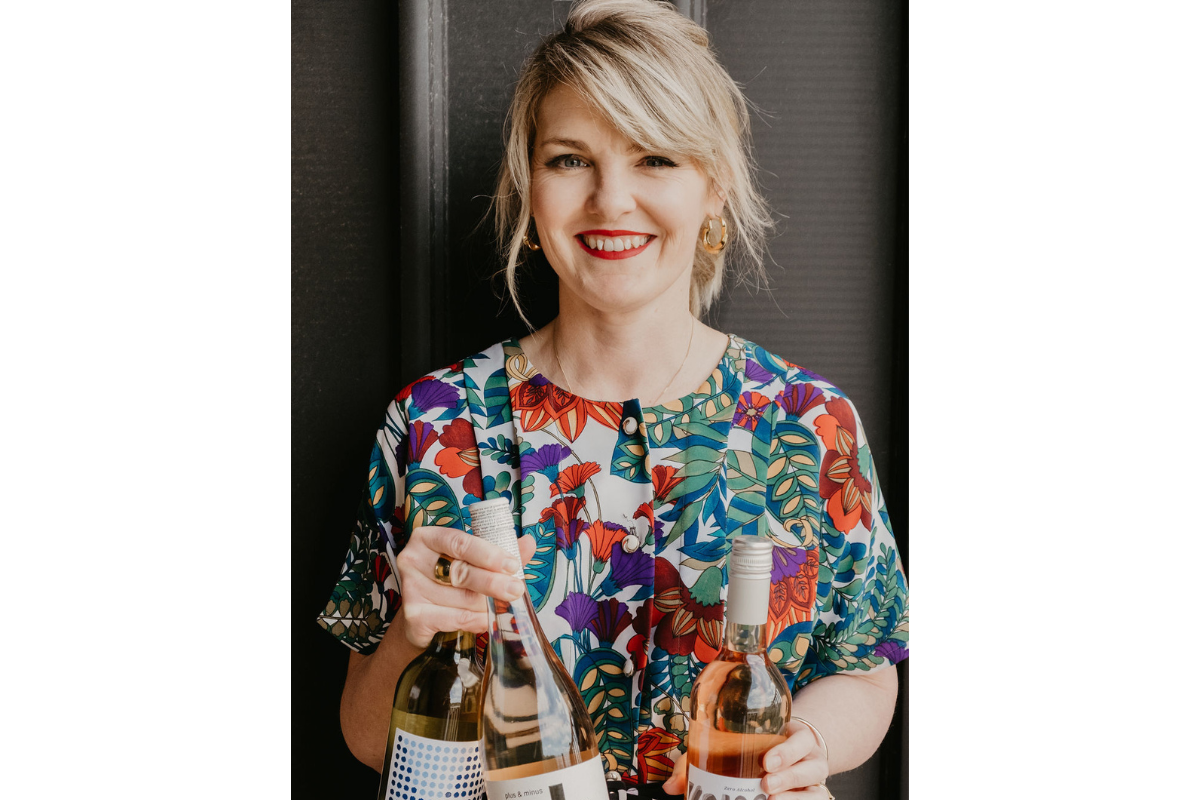Last month, the International Wine and Spirit Competition (IWSC) hosted its third competition for the burgeoning no and low (NOLO) alcohol category in London. Australian industry expert, Amy Armstrong, was among the judges, and spoke to The Shout about her experience.
For this year’s event, the IWSC expanded the competition with 20 new categories, following up on a 400 per cent growth in the awards in 2021. According to the IWSC, this made it the largest NOLO awards show in the world.
Armstrong, who runs non-alc reviewing and consultancy, Dry But Wet, outlined the how the judging process worked.
“The judging was over two days, with panels of three judges – [there were] 30 to 40 judges over two days, blind tasting flights divided up into different categories,” Armstrong explains.
“On the first day we might have had a tray of 12 wines, then a tray of beers, and then a tray of gins. We would score the drinks individually, and write tasting notes, then as a group we would check our scores against one another and see if there were any discrepancies – if there was any point that we needed to mash out between the group.”
During her time in London, Armstrong highlighted the increasing strength of NOLO wine as the main stand-out.
“We’ve seen incredible innovation in the last six to 12 months in the de-alcoholised wines space, and what was put forward was of a really high quality – sparklings and the reds particularly,” Armstrong says.
“The wine space has come a long way of late.”
Another progressing trend Armstrong noticed was the growth of non-alcoholic beverages that had no immediate alcoholic equivalent.
“That was definitely a highlight – tasting some great alternatives, drinks that are non-alcoholic and are not replicating directly alcoholic drinks. They’re always interesting because they can push the drink in any direction,” Armstrong explains.
Armstrong believes that there has already been a great deal of expansion in this space, that hospitality is beginning to take notice, favouring these drinks that are ‘for the wine occasion’ but that are not de-alcoholised wines.
Nevertheless, Armstrong outlined how there remains room for the category to grow, particularly in the hospitality sector.
“The next frontier is hospitality seeing the value in the non-alc space, seeing the value in having alternative options for customers, seeing that there’s the opportunity to actually make money and offer more than one or two as an option,” Armstrong says.
“I think that’s where the growth should and has to come really, because there are venues that are doing it so well.”

